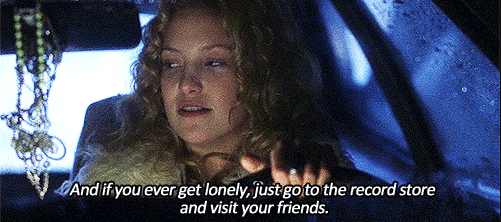It’s probably a sure bet that everyone that studies and works at Musicians Institute is almost equally passionate about music in our lives. Music, for many, makes the world go ’round, and it has the ability to bring together people of every background and color. And, well, there’s a science behind why certain people are more drawn to music and experience it on a different level than most. A study by researchers at Southern Methodist University, Dallas and UCLA has found that people with high empathy process familiar music with “greater involvement of the reward system of the brain, as well as in areas responsible for processing social information.”
Hmmm, so what does that all mean exactly? Essentially, when highly empathetic people listen to music, the brain uses more of its social circuits.

“This may indicate that music is being perceived weakly as a kind of social entity, as an imagined or virtual human presence,” Zachary Wallmark, professor at SMU School of the Arts, said.

Blog Post
"*" indicates required fields
By submitting this form, I authorize Musicians Institute (MI) to make or allow the placement of calls, emails, and texts to me at the phone number that I have provided, including through the use of automated technology, or a prerecorded or artificial voice. I understand that I am not required to provide my phone number as a condition of purchasing any property, goods, or services. I agree to the terms of MI’s Privacy Policy. MI will not sell or rent your information to third parties, and you may unsubscribe at any time.
If you consider yourself an empath, that means that listening to familiar music makes you feel the same way as seeing an old friend that you missed and care for. This news might not come as a big of a shock for many of us who truly love music, but it’s a breath of fresh air to see this love be validated as something necessary to our society…and our well-being.
Music education and arts, as whole, have been especially attacked in the last few decades with lack of funding and understanding to its benefits. But these studies continue to prove how important music really is to human development. Wallmark continues,
“In our culture we have a whole elaborate system of music education and music thinking that treats music as a sort of disembodied object of aesthetic contemplation. In contrast, the results of our study help explain how music connects us to others. This could have implications for how we understand the function of music in our world, and possibly in our evolutionary past.”
Pretty much, this means that music truly is something that can save lives, and that it has unlimited potential to connect people and remind us that we are not alone. As Penny Lane in Almost Famous said,


